Hearing
Recent articles
Touch sensors detect subtle environmental vibrations, send information to auditory midbrain
Pacinian corpuscles sense high-frequency vibrations from meters away and send the information to a different circuit than other touch signals, according to a pair of new studies.
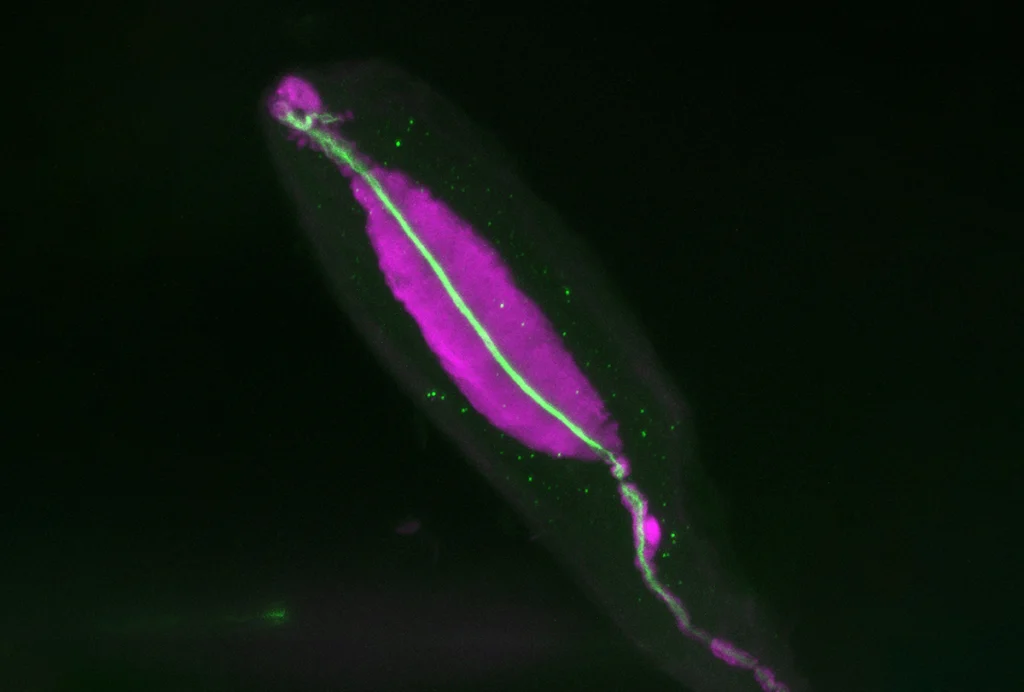
Touch sensors detect subtle environmental vibrations, send information to auditory midbrain
Pacinian corpuscles sense high-frequency vibrations from meters away and send the information to a different circuit than other touch signals, according to a pair of new studies.
New technique details brainstem’s response to sounds
By revealing differences between autistic and non-autistic children, it could help identify autism in babies.
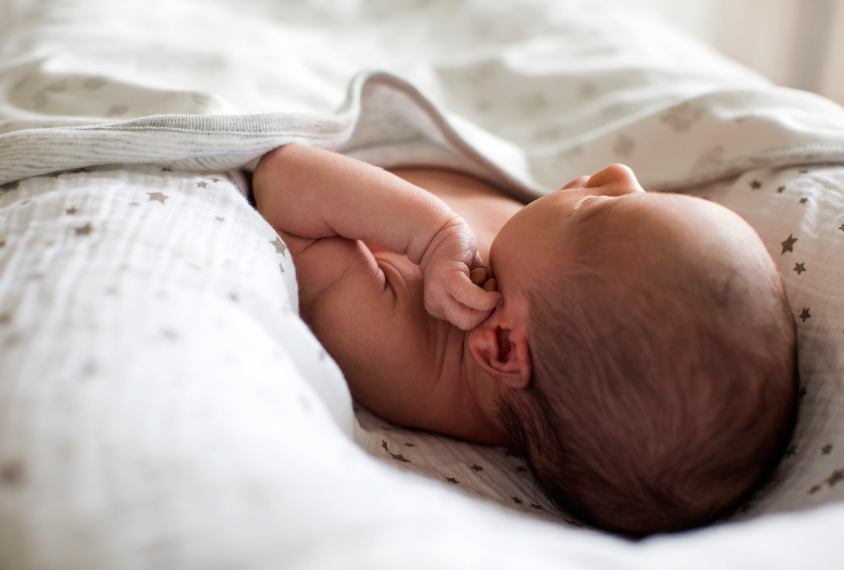
New technique details brainstem’s response to sounds
By revealing differences between autistic and non-autistic children, it could help identify autism in babies.
Mouse studies cast astrocytes as stars of sensory perception
Data from two separate research teams suggest the cells are key to sensory hypersensitivity in fragile X syndrome.
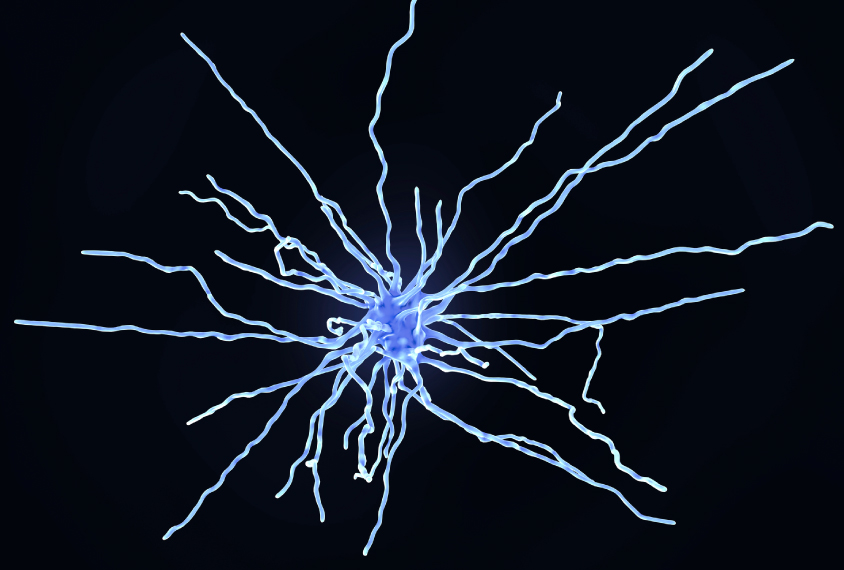
Mouse studies cast astrocytes as stars of sensory perception
Data from two separate research teams suggest the cells are key to sensory hypersensitivity in fragile X syndrome.
Auditory cortex may develop early in autism
A well-studied brain response to sound appears earlier than usual in young children with autism.
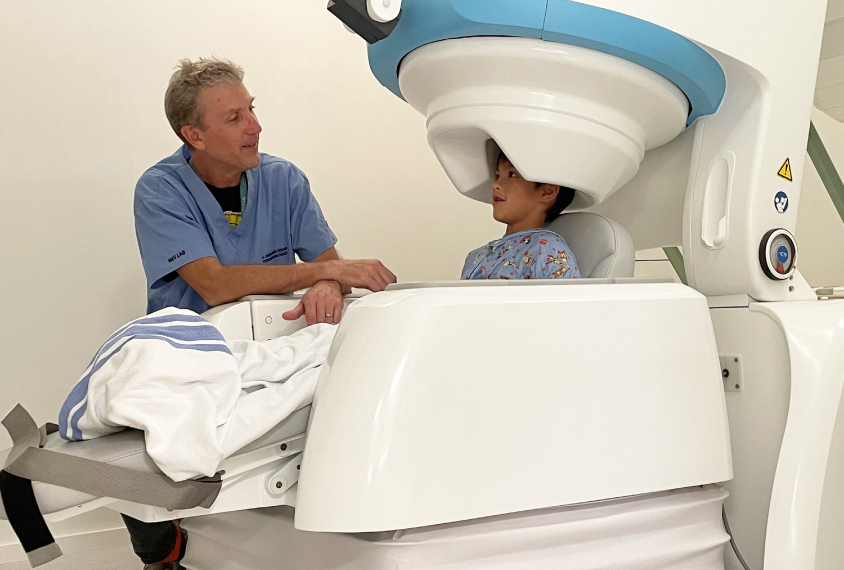
Auditory cortex may develop early in autism
A well-studied brain response to sound appears earlier than usual in young children with autism.
Top autism candidate gene tied to newly identified syndrome
Mutations in the autism-linked gene PAX5 underlie a range of traits, including developmental delay, intellectual disability, seizures and autism.
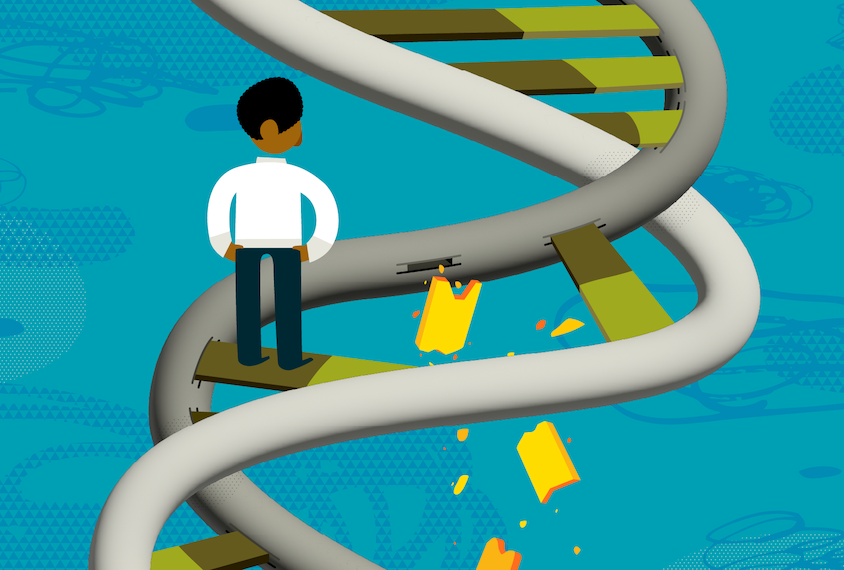
Top autism candidate gene tied to newly identified syndrome
Mutations in the autism-linked gene PAX5 underlie a range of traits, including developmental delay, intellectual disability, seizures and autism.
Loss of autism-linked gene alters synapse development in mice
Mice missing a copy of the gene ASH1L have excess synapses and autism-like behavioral differences, some of which are reversed by boosting an ASH1L-regulated gene.
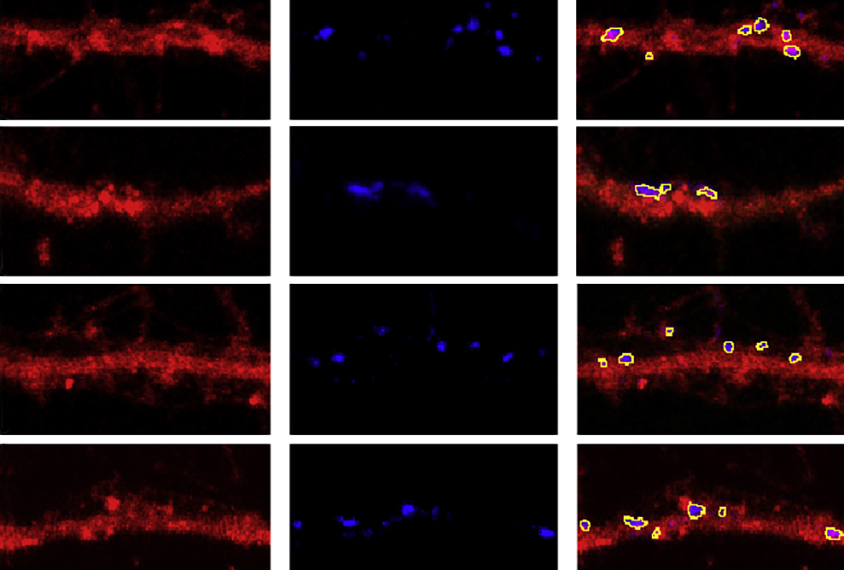
Loss of autism-linked gene alters synapse development in mice
Mice missing a copy of the gene ASH1L have excess synapses and autism-like behavioral differences, some of which are reversed by boosting an ASH1L-regulated gene.
Sensory issues linked to heart-rate differences in autistic youth
Autistic children with sensory issues show more intense physiological reactions to unpleasant sounds and other sensations than their non-autistic peers do, a new study shows.
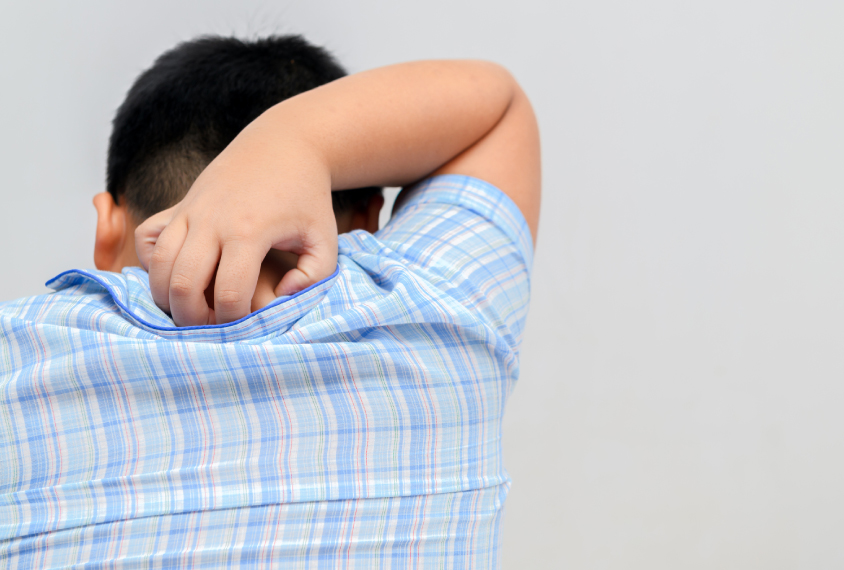
Sensory issues linked to heart-rate differences in autistic youth
Autistic children with sensory issues show more intense physiological reactions to unpleasant sounds and other sensations than their non-autistic peers do, a new study shows.
Malfunctioning neurons mute sound processing in mouse model of Rett syndrome
Female mice missing a copy of the autism-linked gene MECP2 in a specific set of inhibitory neurons have a hard time heeding pups’ calls and herding litters.
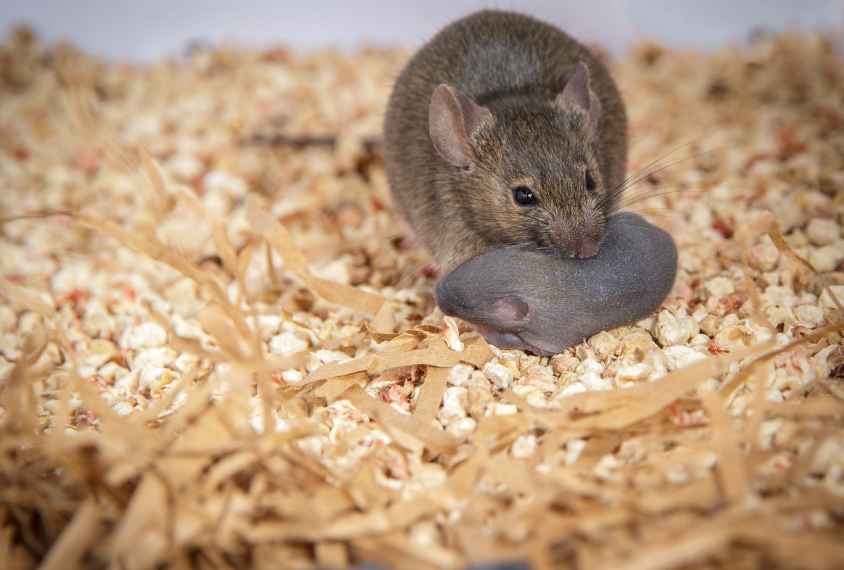
Malfunctioning neurons mute sound processing in mouse model of Rett syndrome
Female mice missing a copy of the autism-linked gene MECP2 in a specific set of inhibitory neurons have a hard time heeding pups’ calls and herding litters.
Infant hearing test might be sound predictor of autism
Babies who are later diagnosed with autism have a sluggish brain response to sound on a universal newborn hearing screen.
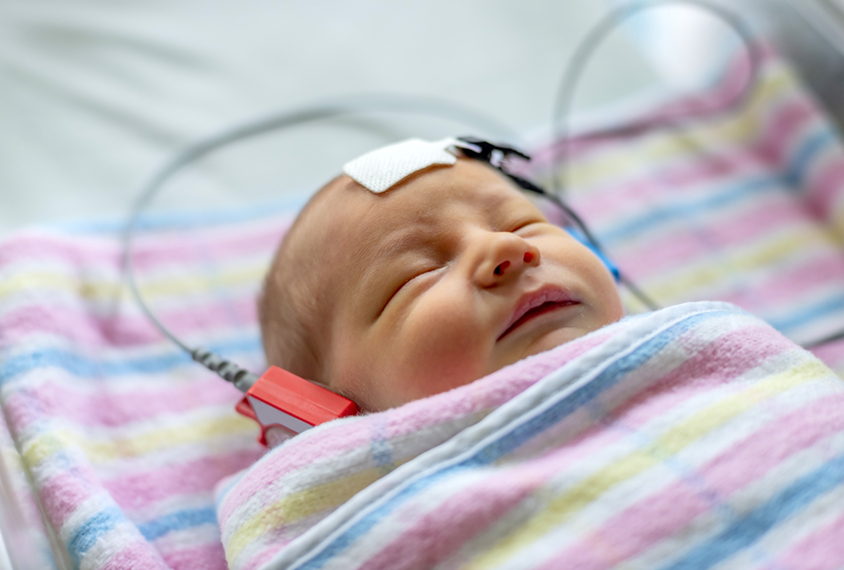
Infant hearing test might be sound predictor of autism
Babies who are later diagnosed with autism have a sluggish brain response to sound on a universal newborn hearing screen.
Autistic toddlers do not tune in to sounds with others
Unlike typical toddlers, those with autism tend not to share experiences involving sound — dancing to music with their parents, for example, or calling attention to the source of a sound.

Autistic toddlers do not tune in to sounds with others
Unlike typical toddlers, those with autism tend not to share experiences involving sound — dancing to music with their parents, for example, or calling attention to the source of a sound.
Explore more from The Transmitter
During decision-making, brain shows multiple distinct subtypes of activity
Person-to-person variability in brain activity might represent meaningful differences in cognitive processes, rather than random noise.

During decision-making, brain shows multiple distinct subtypes of activity
Person-to-person variability in brain activity might represent meaningful differences in cognitive processes, rather than random noise.
Basic pain research ‘is not working’: Q&A with Steven Prescott and Stéphanie Ratté
Prescott and Ratté critique the clinical relevance of preclinical studies in the field and highlight areas for improvement.

Basic pain research ‘is not working’: Q&A with Steven Prescott and Stéphanie Ratté
Prescott and Ratté critique the clinical relevance of preclinical studies in the field and highlight areas for improvement.
Proposed NIH budget cut threatens ‘massive destruction of American science’
A leaked draft of a Trump administration proposal includes an approximately 40 percent cut to the National Institutes of Health’s budget and a major reorganization of its 27 institutes and centers.

Proposed NIH budget cut threatens ‘massive destruction of American science’
A leaked draft of a Trump administration proposal includes an approximately 40 percent cut to the National Institutes of Health’s budget and a major reorganization of its 27 institutes and centers.